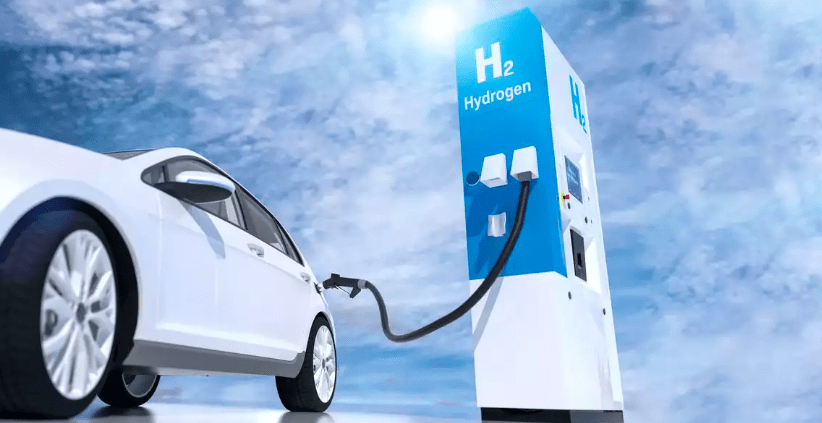A Promising Era of Sustainable Transportation Beckons with Hydrogen-Powered Vehicles
In the pursuit of cleaner and more sustainable modes of transportation, hydrogen-powered cars emerge as a beacon of hope for India’s automotive landscape. Here are 15 undeniable facts shedding light on why hydrogen cars are poised for success in the country:
1. Zero Emissions: Hydrogen cars emit only water vapor, contributing significantly to reducing air pollution and combating climate change.
2. Abundant Resource: Hydrogen, the fuel for these cars, can be produced from diverse sources, including renewable energy, natural gas, and biomass, ensuring a stable and sustainable supply.
3. Quick Refueling: Unlike electric vehicles, hydrogen cars can be refueled in a matter of minutes, offering convenience comparable to conventional petrol and diesel vehicles.
4. Long Driving Range: Hydrogen cars boast impressive driving ranges, addressing concerns about limited travel distance often associated with electric vehicles.
5. Scalable Infrastructure: India’s ambitious plans to develop hydrogen infrastructure align with the government’s vision for a hydrogen economy, paving the way for widespread adoption of hydrogen-powered vehicles.
6. Supportive Policies: Favorable policies and incentives, coupled with initiatives like the Faster Adoption and Manufacturing of Electric Vehicles (FAME) scheme, create a conducive environment for the growth of hydrogen fuel cell technology.
7. Rising Investments: Increased investments from both public and private sectors in hydrogen research, development, and infrastructure underscore the growing confidence in the potential of hydrogen cars.
8. Technological Advancements: Ongoing advancements in fuel cell technology are driving down costs and enhancing the efficiency and performance of hydrogen-powered vehicles.
9. Versatile Applications: Hydrogen fuel cells find applications beyond transportation, including stationary power generation and industrial processes, unlocking additional avenues for economic growth and sustainability.
10. Collaborative Efforts: Collaborations between automotive manufacturers, energy companies, and government agencies are accelerating the deployment of hydrogen infrastructure and fostering innovation in hydrogen technologies.
11. Global Momentum: India joins a global movement towards hydrogen as countries worldwide recognize its potential to decarbonize transportation and achieve climate goals.
12. Job Creation: The transition to hydrogen-based transportation presents opportunities for job creation across the value chain, from production and distribution to maintenance and servicing.
13. Reduced Dependence on Imports: Embracing hydrogen cars reduces India’s dependence on imported fossil fuels, enhancing energy security and promoting self-sufficiency.
14. Market Potential: With its vast population and rapidly growing economy, India presents a significant market opportunity for hydrogen car manufacturers, driving competition and innovation.
15. Environmental Leadership: Embracing hydrogen cars reaffirms India’s commitment to environmental stewardship and positions the country as a leader in sustainable transportation on the global stage.
In conclusion, the proliferation of hydrogen cars holds immense promise for India, offering a path towards cleaner air, energy independence, and economic prosperity. As the nation charts its course towards a greener future, hydrogen-powered vehicles are set to play a pivotal role in driving sustainable development and shaping the automotive industry for generations to come.













